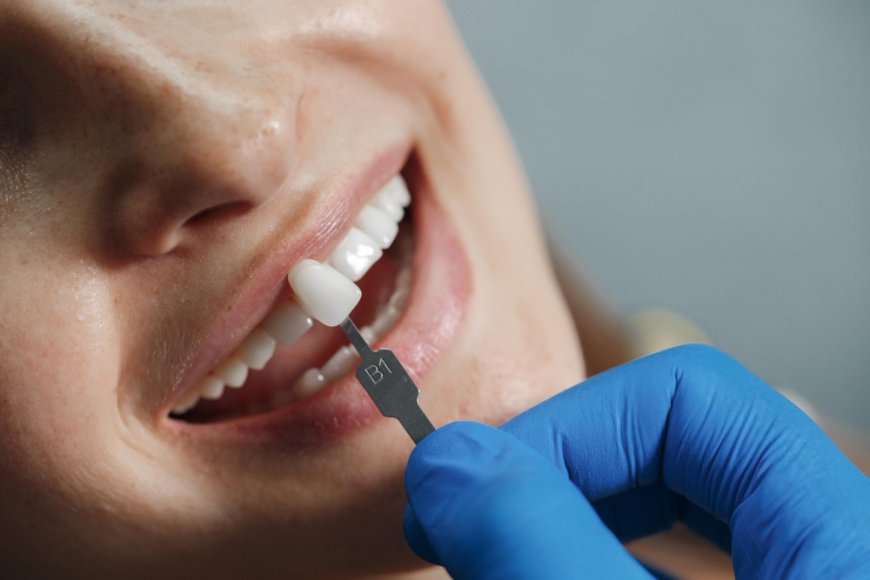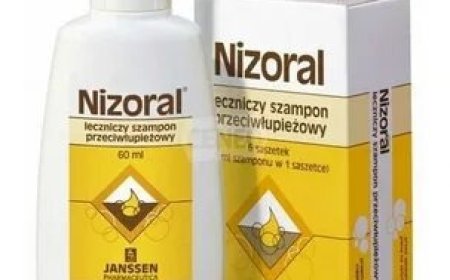What Are Zirconia Crowns? Benefits, Process, and Care Tips Explained
Whether you're dealing with a broken tooth, severe decay, or need a cosmetic upgrade, zirconia for dental crowns provides a lasting and visually natural result.

When it comes to restoring damaged or weakened teeth, Zirconia Dental Crowns have emerged as a preferred solution in modern dentistry. These crowns offer a strong, biocompatible, and aesthetically pleasing alternative to traditional materials. Whether you're dealing with a broken tooth, severe decay, or need a cosmetic upgrade, zirconia for dental crowns provides a lasting and visually natural result.
Understanding Zirconia as a Crown Material
Zirconia is a type of ceramic derived from zirconium dioxide. Its strength and resemblance to natural teeth make it an excellent choice for crowns used in both front and back teeth. What sets zirconia apart is its durability under pressure, resistance to cracking, and ability to be shaped with precision. Dentists often recommend zirconia when both function and appearance matter.
Unlike metal-based crowns that can sometimes show a grey hue near the gum line, Zirconia Dental Crowns maintain a bright, tooth-like color that blends seamlessly with your existing teeth. In addition, zirconia is metal-free, making it suitable for patients with metal allergies or sensitivities.
Why Choose Zirconia Crowns?
There are several reasons why patients and dentists are turning to zirconia as the crown material of choice.
-
Strength and Longevity: Zirconia is one of the toughest materials available for dental restorations. It withstands the forces of chewing and grinding, especially for molars, and can last for many years with proper care.
-
Natural Aesthetics: Zirconia closely mimics the translucency of natural teeth. It can be color-matched and layered with other ceramics for an even more lifelike appearance.
-
Biocompatibility: It is highly biocompatible, meaning it is unlikely to cause any adverse reactions in the mouth or gums. This is especially important for patients with sensitivities or previous crown issues.
-
Less Tooth Reduction: Because zirconia is so strong, it can be made in thinner layers. This allows dentists to preserve more of your natural tooth structure during preparation.
-
Minimal Wear on Opposing Teeth: Modern advancements have refined zirconia to make it less abrasive, reducing the wear on surrounding and opposing teeth compared to older materials.
The Procedure for Getting a Zirconia Crown
Getting a Zirconia Dental Crown typically involves two visits. Here's a breakdown of the process:
1. Examination and Preparation
Your dentist will begin with a comprehensive exam, including X-rays, to assess the condition of the affected tooth. If the tooth is damaged or decayed, it will be cleaned and reshaped to create space for the crown.
2. Digital or Traditional Impressions
Once the tooth is shaped, an impression is taken using either traditional putty or digital scanning. This captures an accurate mold of your teeth for the crown to be custom-made.
3. Temporary Crown Placement
A temporary crown is placed to protect the prepared tooth while the zirconia crown is being fabricated in a dental lab. This process usually takes a week or two.
4. Final Fitting and Cementation
Once your zirconia crown is ready, the temporary is removed and the new crown is checked for fit, shape, and color. If everything looks right, the dentist will cement it in place and polish the surface for a natural look and feel.
Tips for Caring for Your Zirconia Crown
While zirconia for dental crowns is known for its strength, proper care is essential to extend its life and maintain oral health.
-
Maintain Regular Brushing and Flossing: Treat your zirconia crown like a natural tooth. Brush twice a day and floss daily, especially around the gum line.
-
Use a Non-Abrasive Toothpaste: Some whitening toothpastes can be too harsh on crowns. Use a gentle, fluoride-based toothpaste to protect the crowns surface.
-
Avoid Hard Chewing on Non-Food Items: Biting your nails or chewing on pens can damage the crown or underlying tooth structure.
-
Attend Regular Dental Checkups: Routine exams help your dentist detect any potential issues early. Professional cleanings also keep the crown and surrounding gums in excellent shape.
-
Consider a Night Guard: If you grind your teeth at night (a condition known as bruxism), your dentist may recommend a night guard to protect the crown from excessive force.
Final Thoughts
Choosing the right crown material is an important decision for your dental health, and Zirconia Dental Crowns offer a reliable and aesthetically pleasing solution. Their strength, safety, and natural appearance make them a top choice for restoring both function and beauty to your smile.
If you're considering zirconia for dental crowns, its essential to consult with an experienced dental provider who understands how to tailor the treatment to your specific needs.
At Shareandcare, we are committed to helping you make informed choices about your oral health. Our expert dental professionals are equipped with the knowledge and technology to deliver high-quality zirconia restorations with long-lasting results. Trust us to guide you through every step of your smile journey.




































